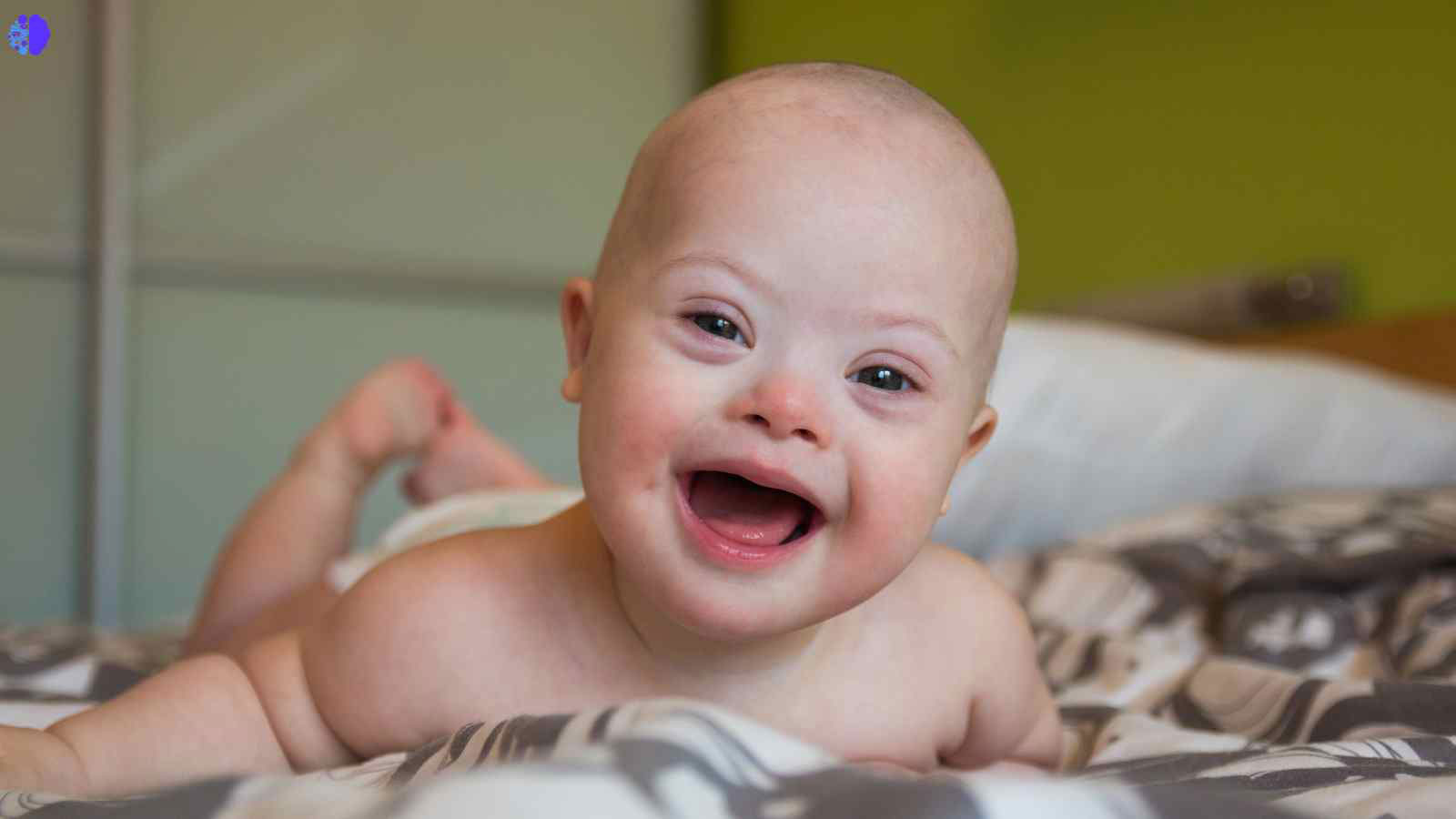
Why Is Down Syndrome Called Trisomy 21? Here’s What You Need to Know
You ever wondered why Down Syndrome is called Trisomy 21? Let’s break it down in simple terms!
Trisomy refers to a condition where there are three copies of a particular chromosome instead of the usual two. So, Trisomy 21 specifically means there are three copies of chromosome 21, instead of just two, in a person’s cells.
Now, here’s how it happens: During conception, a baby gets 23 chromosomes from the mother and 23 from the father, giving them a total of 46 chromosomes. This is the normal number of chromosomes that every healthy individual should have.
However, sometimes during cell division, something goes wrong. Instead of getting two copies of chromosome 21, the baby ends up with three. This results in a total of 47 chromosomes instead of the usual 46—giving the baby extra genetic material.
Why Does This Happen?
You might be thinking, What does this extra genetic material mean?
Well, our genes determine how we look, how we grow, and how we behave. When there’s an extra chromosome, it alters the way the body and brain develop, which can lead to some changes in physical and intellectual development.
What Are the Symptoms of Trisomy 21 (Down Syndrome)?
Down Syndrome can show up in various ways, and some of the common physical traits include:
– Slanted eyes
– A flattened nose
– A larger tongue that may make speech more challenging
– Short fingers and hands
These traits are the result of the extra genetic material from the third chromosome. The condition also affects intellectual development, which is why individuals with Down Syndrome may experience slower cognitive development compared to their peers.
How Often Does Down Syndrome Happen?
Did you know that about 1 in every 800 babies is born with Down Syndrome? It’s more common than most people think.
In many developed countries, prenatal tests like ultrasounds and genetic screenings can detect if a baby might have a condition like Down Syndrome. But here’s a tough question—what would you do if your baby was diagnosed with a genetic condition, like Down Syndrome, before birth?
Would You Make the Same Decision?
This brings up a tough, personal decision. Some parents are given the option to terminate the pregnancy if they find out the baby has a genetic condition. It’s a deeply personal choice, and there’s no right or wrong answer.

